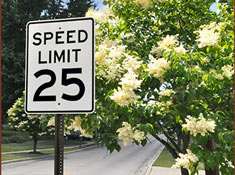No court (not just small claims) automatically forces a debtor to pay. The court has confirmed that the debtor has a legal, enforceable obligation to pay, but then it becomes the creditor’s job to collect that debt. There are several kinds of actions you can take through the court to collect. Each of these collection steps will require you to return to the Clerk of Courts office, fill out more forms and pay more fees. All additional fees paid will be added to the judgment amount you are attempting to collect. It can be a lengthy process, but it can work.
Before you collect from the judgment debtor, you must first know something about his/her finances. If you are already familiar with where the judgment debtor banks, works, lives, does business, etc., you may know enough to proceed with collection.




